Science & Society
Sign up for our newsletter
We summarize the week's scientific breakthroughs every Thursday.
-
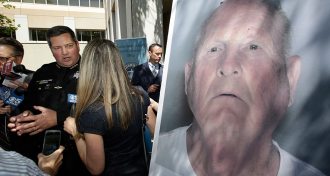 Genetics
GeneticsCrime solvers embraced genetic genealogy
DNA searches of a public genealogy database are closing cases and opening privacy concerns.
-
 Health & Medicine
Health & MedicineDrinking studies muddied the waters around the safety of alcohol use
Studies claiming that alcohol in even small amounts is dangerous weren’t designed to address risks of moderate drinking.
-
 Science & Society
Science & SocietyTo assemble a Top 10 list, Science News starts in June
Editor in Chief Nancy Shute discusses creating Science News' annual Top 10 science stories of the year.
By Nancy Shute -
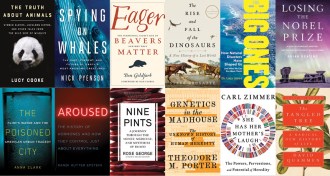 Science & Society
Science & SocietyThese are our favorite science books of 2018
Science News writers and editors pick which science books were this year’s must-reads.
-
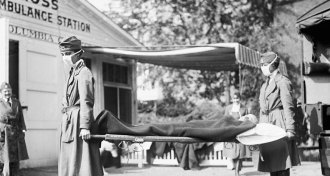 Health & Medicine
Health & MedicineTwo new books explore the science and history of the 1918 flu pandemic
One-hundred years after the Spanish flu, ‘Pandemic 1918’ and ‘Influenza’ provide a new look at the global outbreak.
-
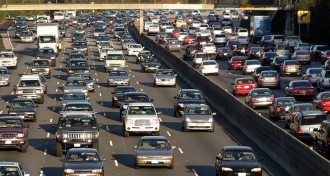 Climate
ClimateGlobal carbon dioxide emissions will hit a record high in 2018
Carbon dioxide emissions from China, the United States and India all rose this year, a new report finds.
-
 Science & Society
Science & SocietySeeking a panacea in the gut’s microbiome
Editor in Chief Nancy Shute discusses the potential role of the gut microbiome in Parkinson's disease and one reporter's connection to the story.
By Nancy Shute -
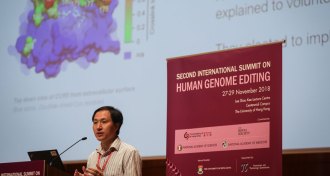 Genetics
GeneticsThe researcher who created CRISPR twins defends his work but fails to quell controversy
After getting a glimpse of data behind the birth of the first gene-edited babies, many scientists question the study’s ethics and medical necessity.
-
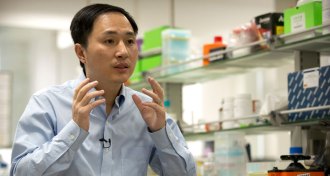 Genetics
GeneticsChinese scientists raise ethical questions with first gene-edited babies
Scientists say gene editing of human embryos isn’t yet safe, and creating babies was unethical.
-
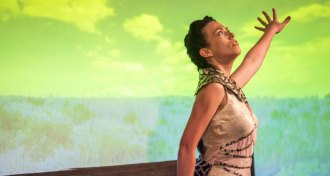 Animals
AnimalsHow locust ecology inspired an opera
When an entomologist decides to write a libretto, you get an operatic elegy to locusts.
By Susan Milius -
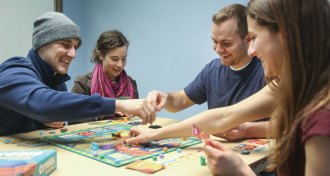 Particle Physics
Particle PhysicsWhy a chemistry teacher started a science board game company
Subatomic is the latest game from John Coveyou, whose company Genius Games wants people to find the joy in science.
By Kyle Plantz -
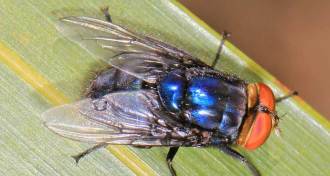 Agriculture
Agriculture50 years ago, screwworm flies inspired a new approach to insect control
The United States has wiped out screwworm flies repeatedly since 1966 using the sterile male eradication technique.
By Kyle Plantz